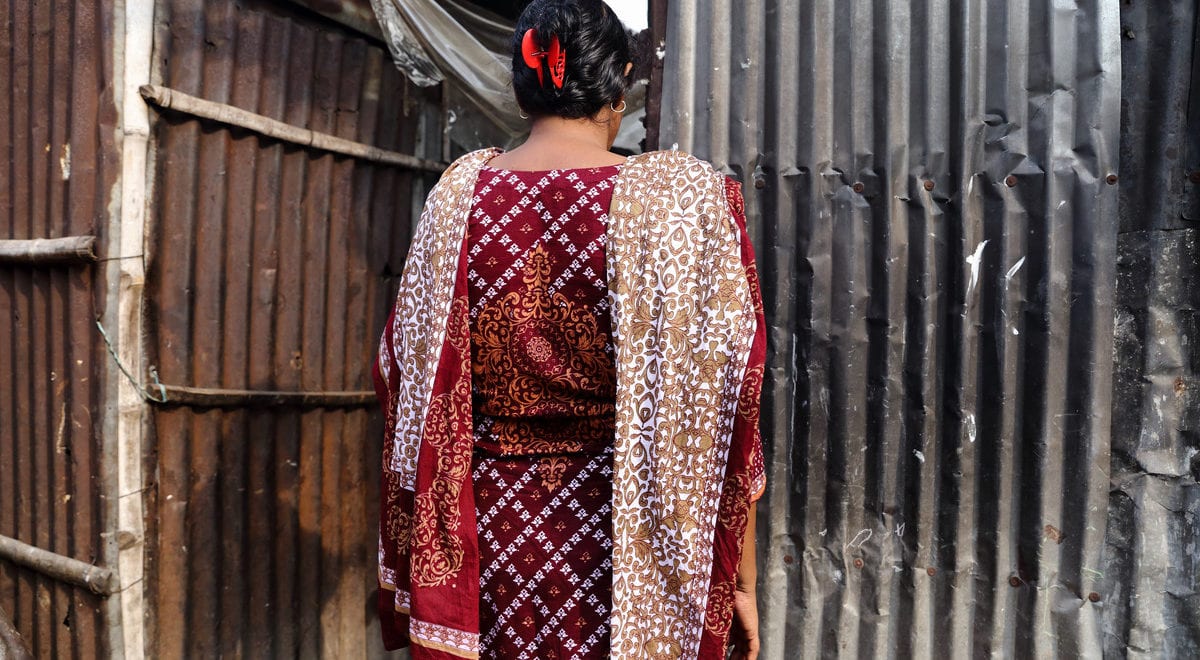Geneva – Campaigners are celebrating after a historic international law to end violence and harassment in the world of work has today been adopted by the International Labour Organisation (ILO).
After two weeks of intense negotiations, governments, employers and workers at the 108th International Labour Conference in Geneva, have voted in favor of an international law, known as the Violence and Harassment Convention and Recommendation, 2019.
During the closing plenary, there were 439 votes in favor of the convention, with seven against and 30 abstained. For the recommendation, 397 delegates voted in favor, 12 against and 44 abstained.
Everjoice Win, director of global engagement at ActionAid International, says:
“This historic moment is the culmination of years of campaigning by women trade unionists joined by women’s rights organisations around the world. We’re delighted that these tireless efforts have paid off with the first ever international law to eliminate violence and harassment at work.
“Our research finds that 80% of garment workers in Bangladesh have witnessed or experienced some form of sexual violence or harassment at work. Their shocking experiences show why this law is vital to protect women and other marginalized workers.
“We call on ILO member states to now urgently ratify the convention so that the law can come into force and stamp out the epidemic of gender-based violence, harassment and abuse at work.”
Fifty-nine countries still have no national laws against violence and harassment at work, an issue that affects one in three women globally.
Bangladesh has no specific national legislation to prevent violence and harassment at work. Other current provisions within its legal framework do not effectively address gender-based violence at work.
ActionAid’s recent survey of 200 garment factory workers*, including 181 women, in Bangladesh’s capital Dhaka, found that 80% said they had experienced or witnessed sexual harassment and abuse at work. Shockingly 10% of women surveyed said they were currently being subjected to sexual harassment, molestation and assault in the workplace.
Salma**, 38, who has worked in the garment industry for 15 years, says: “No one usually talks about it. Most of them do not even understand that they are being abused,” she says.
“If a woman is pregnant in most cases she is bound to resign. If we are not performing well or make a mistake, then they will start making offensive comments about our appearance.”
ActionAid’s survey found that 72% of the respondents said they were subjected to extreme verbal abuse at work.
Salma has experienced terrifying incidents of sexual violence, including an attempted rape. But she says she could not discuss these with her family, or they would not let her return to work. She says workers are usually asked to leave the factory if they raise issues of harassment with the management.
Nurjan**, 26, works as a senior machine operator for an average of 60 hours a week (the UK average is around 40).
She says she got married at a very young age and is now separated from her husband. In an industry rife with power imbalances and sexual abuse, she believes this has put her at greater risk.
“Because I am a single woman and not guarded by any man, my supervisor thought I was vulnerable and exposed. He used to touch me at work,” she says.
Notes to editors
For more information, interviews and images contact Jenna Pudelek in the ActionAid International press office on +44(0)7795642990 or email jenna.pudelek@actionaid.org.
ILO Conventions normally come into force 12 months after being ratified by two member states.
*ActionAid commissioned the Centre for Development Communications to survey 200 garment workers in May 2019. ActionAid International worked closely with colleagues at ActionAid Bangladesh to ensure that the survey of garment workers was carried out in a sensitive way that was mindful of the harrowing experiences they were being asked to share and recognizes that asking questions about this subject area can be re-traumatizing. The workers were briefed about the content of the questionnaire before taking part, offered the choice not to answer any questions they found distressing, and those who had experienced or were still experiencing sexual violence and harassment were given information about services that could support them. The workers who took part attend Workers’ Cafés, supported by ActionAid Bangladesh in Dhaka where they receive information and support about their rights.
The survey used the World Health Organisation definition of sexual violence, also sometimes described as gender-based violence: “Any sexual act, attempt to obtain a sexual act, unwanted sexual comments or advances, or acts to traffic, or otherwise directed, against a person’s sexuality using coercion, by any person regardless of their relationship to the victim, in any setting, including but not limited to home and work.”
** Pseudonyms have been used to protect women workers’ identities. Salma’s and Nurjan’s full stories are available on request.







